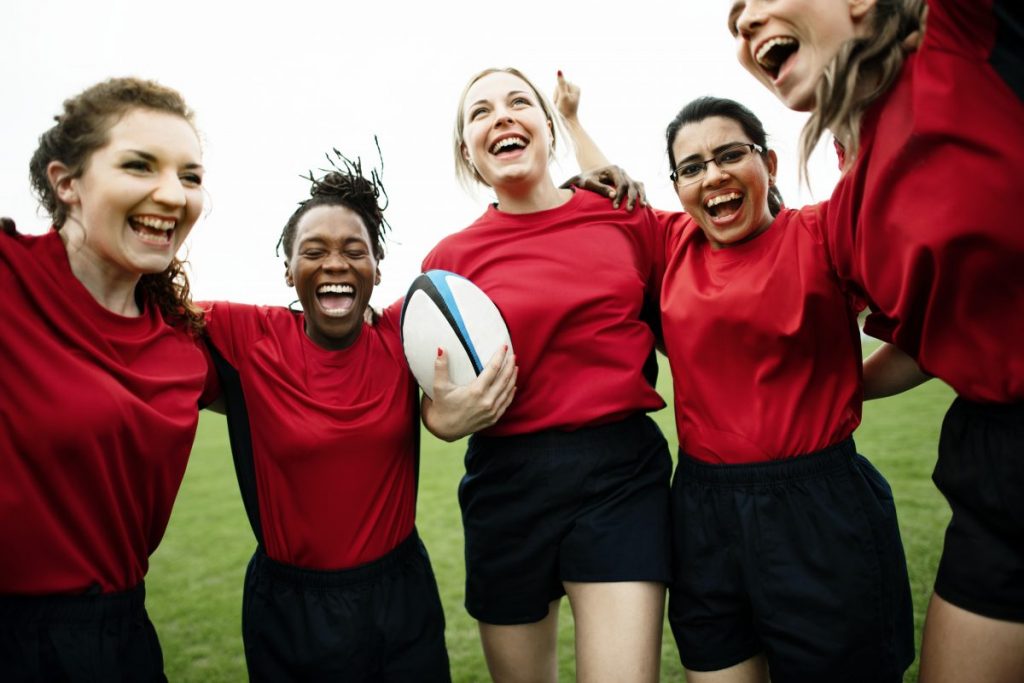Deselection in Sport
“Deselection,” or being cut from a team, can have negative emotional, social and physical consequences for athletes. These include loss of friends and social circles, reduced self-esteem, decreased physical activity, and impacts on long-term engagement in sport. Learn how coaches can improve the experience for athletes, and consider alternative participation models, in the SIRCuit.
Don’t Retire Kid
“Don’t Retire Kid” is a new campaign from ESPN, in partnership with the Aspen Institute’s Project Play, to address youth dropout from sport. The campaign draws attention to the causes of youth dropout – including early specialization, pressure from parents and coaches, and lack of fun. Practical resources are available from the Aspen Institute and…
Coaching and Life Skills Transfer
Coaches can support positive youth development by intentionally supporting #lifeskills transfer amongst youth athletes. Key strategies include the integration of structured opportunities for athletes to reflect on the transfer process; creating opportunities for athletes to apply life skills in other contexts (e.g. volunteering in the community); and engaging others in supporting the transfer process, such…
SIRC Blog – Life Skills Transfer
Life skills transfer in sport involves the application of skills learned on the playing field, such as teamwork, communication or honesty, to situations at home, school or work. This process is essential to helping youth athletes thrive within and beyond sport. Learn more in the newest SIRC blog.
Supporting the Transfer and Application of Life Skills Beyond Sport

This is the third and final blog in a series on positive youth development in sport. If this is your first visit to this series, considering taking a few minutes to read the other two posts: Tips on How to Deliver a Quality Youth Sport Program and Teaching Life Skills Through Sport. Life skills transfer is defined…
Perfectionism
Perfectionism is related to numerous motivational, performance, and mental health-related outcomes in sport – both positive and negative. New research examined the influence of parents and coaches on the development of perfectionism among athletes aged 16-19 and discovered that while both coach pressure and parental pressure were positively correlated with perfectionism, only coach pressure predicted…
Unstructured Play
Unstructured play contributes to the mental health of children and youth by promoting positive feelings through experiences of joy, thrill and competence; building children’s resilience through challenging or risky play; and improving healthy relationship by building problem-solving and emotional intelligence. Download an infographic summarizing five key findings relating to unstructured play and mental health.
DADEE program
Fathers have a unique and powerful influence on their children’s physical, social, emotional and mental health. The DADEE program developed by researchers at the University of Newcastle in Australia targeted the father-daughter relationship to improve girls’ self-esteem and physical activity. After the program, daughters were more active, had better sport skills, and improved their resilience…
Risks of Early Specialization
The sport sector has been abuzz about the potential risks of early specialization, including physical injury, athlete burnout, and dropout from sport. However, the link between early specialization and burnout is not well supported by the evidence. Research from the University of Alberta discovered coaches can help avoid burnout and dropout by supporting athletes’ sense…
Psychological Skills and Overuse Injury
Research from a sample of elite youth tennis players in the Netherlands showed that girls with low to moderate self-regulation skills (i.e. planning, self-monitoring, evaluation and reflection) were 10.8 times more likely to miss training or competition due to overuse injuries. Although this is a new area of inquiry, evidence to date suggests that improving…